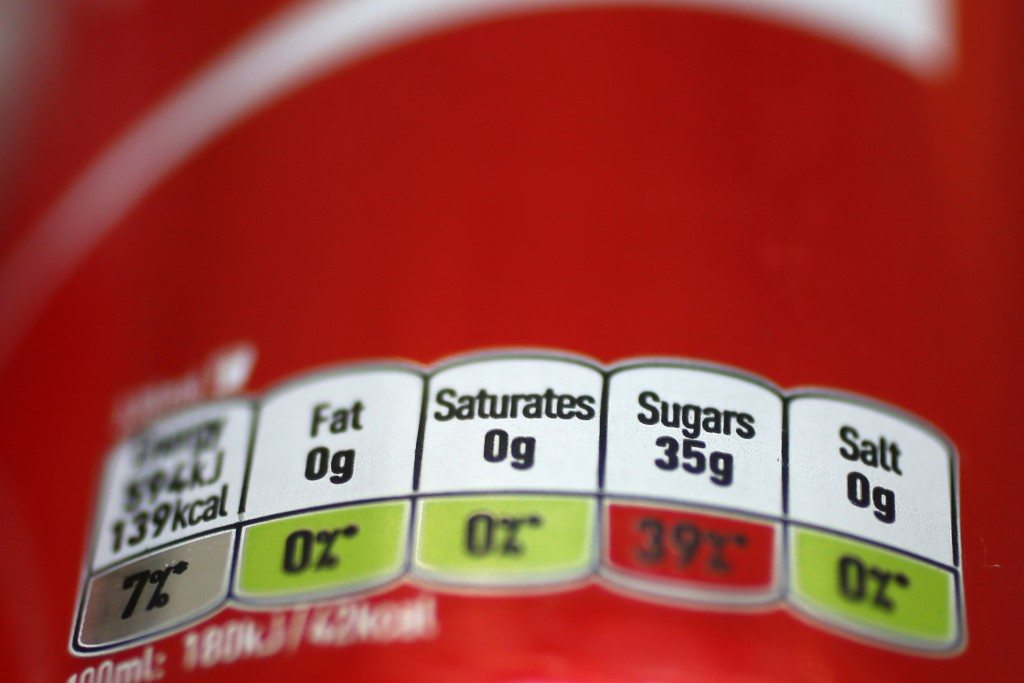Today is World Health Day. Each year on the 7 April, the World Health Organisation (WHO) chooses a particular global health concern as the theme of the day, drawing greater awareness of the particular issue. The date is significant as it is the WHO’s birthday.
In 2016 the theme is diabetes, “a noncommunicable disease (NCD) directly impacting millions of people of globally, mostly in low- and middle-income countries.”
Diabetes types
Type 2 – In most cases, this condition is genetic and often caused by unhealthy weight, diet and lifestyle choices. For those with a genetic predisposition the onset of type 2 diabetes is likely to occur over the age of 40 or in the case of obesity, earlier.
Type 1 – An autoimmune disease destroys the cells in the pancreas responsible for producing insulin. The cause is unknown and the neither is it linked to lifestyle factors.
Gestational – A form of diabetes that occurs during pregnancy and ceases after the baby is born. During pregnancy the hormones that help the baby grow also block the action of the mother’s insulin, causing the condition.
Diabetes around the world
The WHO released the first-ever global report on diabetes report this year, which outlines how the prevalence of the disease has doubled since 1980.
“Globally, an estimated 422 million adults were living with diabetes in 2014, compared to 108 million in 1980. The global prevalence (age-standardized) of diabetes has nearly doubled since 1980, rising from 4.7% to 8.5% in the adult population.”
Global Report on Diabetes, World Health Organisation.
The risk factors, including being overweight and obesity, are the major drivers for the wide spread presence of the disease. In the report WHO summarised that those hardest hit by the rise are in “low and middle-income countries”. Their recommendations are aimed at government bodies, they suggest actions that will prioritise overweight and obesity prevention, specifically in the pre-birth and childhood stages of life.
The WHO recommends:
“Implement policies and programmes to promote breastfeeding and the consumption of healthy foods and to discourage the consumption of unhealthy foods, such as sugary sodas. Create supportive built and social environments for physical activity.”
New action on prevention
Last month the UK government announced its plans to introduce a ‘sugar levy’ on the soft-drink industry.
In response to the government announcement, renowned UK Chef Jamie Oliver made an impromptu statement on his Facebook page praising the tax and calling out several countries in the developed world, demanding they follow suit. In a later post he explains that he is excited by the tax, as the money collected from the soft drink industry will go toward schools to run breakfast clubs and sports programs.
In the UK it is estimated that half a billion pounds will be raised each year by the tax and will reduce accessibility to the products, which in turn is thought to lead to lower rates of childhood obesity.
Test your knowledge on diabetes with this quick quiz from the World Health Organisation at World Health Day 2016 Quiz
More from MiNDFOOD on diabetes and prevention
Breakthrough study: Improved diabetes control with low-carb diet
Reducing sugar in drinks would prevent 300,000 cases of diabetes, says study
Lower Your Risk







